VATICAN CITY (CNS) — Superiors of women’s religious orders from around the world will gather in Rome or online to look at their areas of vulnerability and find ways to “embrace” them so that together they are stronger and can be signs of hope for other vulnerable individuals and communities in the world, said Claretian Sister Jolanta Kafka.
“We have often placed ourselves on the side of the needy, but from a position of power,” said Sister Kafka, president of the International Union of Superiors General. The challenge is “to recognize more consciously that we too need compassion, mercy, conversion, to be aware of our wounds, our sins.”
Nearly 700 superiors general — 520 attending in person — will participate in the UISG plenary assembly May 2-6 in Rome under the theme, “Embracing Vulnerability on the Synodal Journey.”
Sister Kafka and other leaders of the organization previewed the assembly April 29 for journalists in the Vatican press office.
As the sisters acknowledge their vulnerabilities, she said, “we feel the need for a new reading of the essentials of religious life and of the evangelical counsels” of poverty, chastity and obedience and how leadership and authority can be exercised in a more “evangelical, synodal spirit.”
“It is a paradox that when we embrace fragility, we are strengthened to support one another,” she said, and that applies not only to relationships among religious women, but also their relationships with and ministry to “suffering humanity.”
The sisters, she said, are exploring the topic of vulnerability as part of their contribution to the Church’s “synodal journey,” learning better how to walk together and work together “to serve the Church’s mission of proclaiming the Gospel, caring and healing” in a way that embraces everyone, including those who “feel distant or excluded” from the Church.
Sister Mary Kudiyiruppil, an Indian member of the Missionaries of the Holy Spirit and vice executive secretary of the UISG, told reporters, “Religious congregations are experiencing vulnerability from several quarters,” including the obvious decline in numbers in many parts of the world.
But also, she said, “we experience vulnerability from the inner structure of religious life itself, exposed as we are to questions, challenges and attacks. We are being asked tacitly or aloud, about our professedly coherent positions and values, and the inconsistencies in practice.
“For example,” she said, “we profess to have our safety and security in God and a life of detachment, but sometimes in practice we worry, we amass, we keep gathering things, etc.”
“The intergenerational challenge,” is another vulnerability, she said. “Our younger members are asking questions that were not asked previously about our relevance and they are asking for change.”
But, she said, “it is important to note that the plenary theme says ’embracing’ vulnerability, which is different from merely tolerating or enduring or lamenting.”
Loreto Sister Patricia Murray, executive secretary of the UISG, highlighted some of the new projects the group has launched since its last plenary in 2019, including establishing a Commission for Care and Safeguarding with the men’s Union of Superiors General.
Looking at two other areas of vulnerability, she said that the UISG will launch May 9 two new initiatives focused on the needs of elderly sisters worldwide.
“The UISG, together with the (U.S.) Leadership Conference of Women Religious, will focus on the needs of individuals living with some form of cognitive impairment, especially Alzheimer’s,” she said, although she did not provide details. “The second focus will be on the care and support of elderly sisters in general. In many parts of the world, women religious have no social security or health insurance. I addition they were often in pastoral ministries and received no payment.”

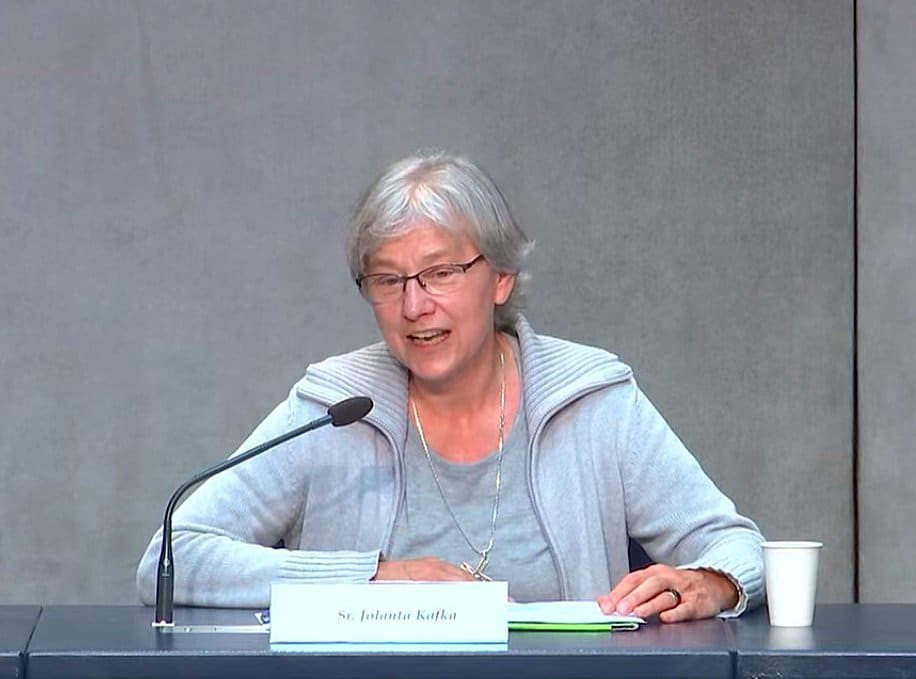
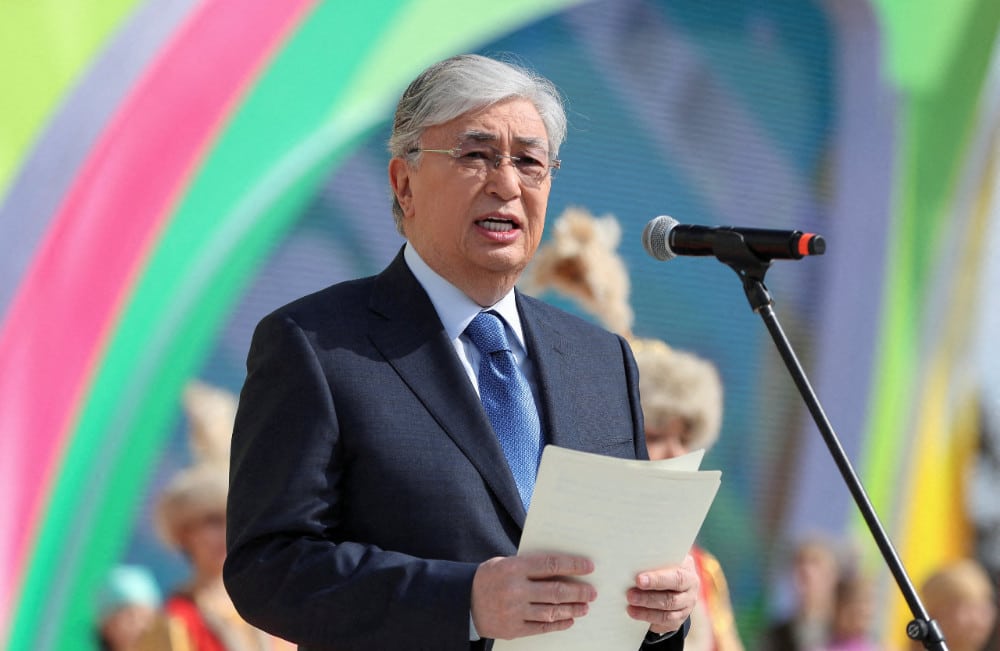
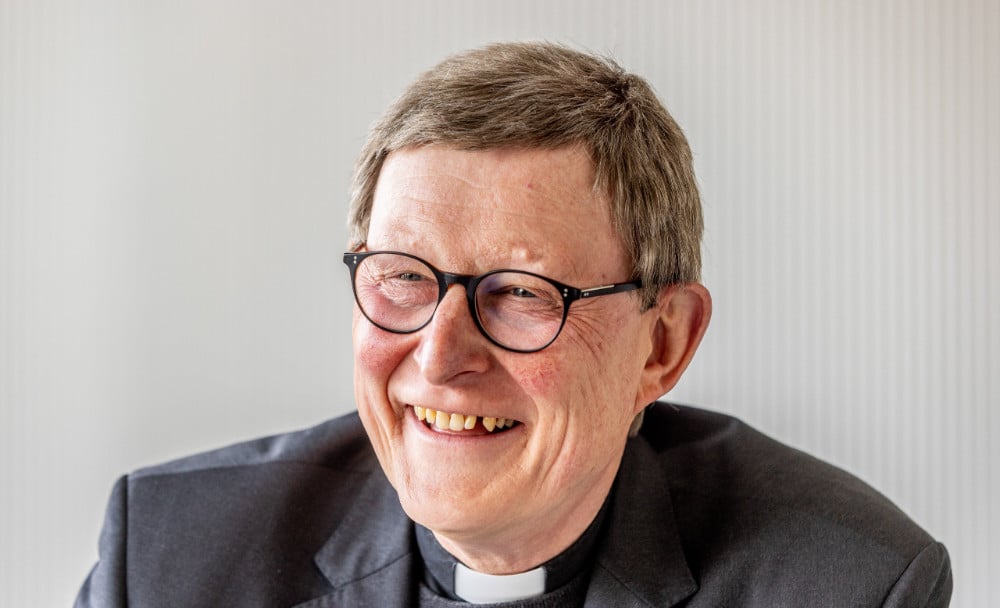
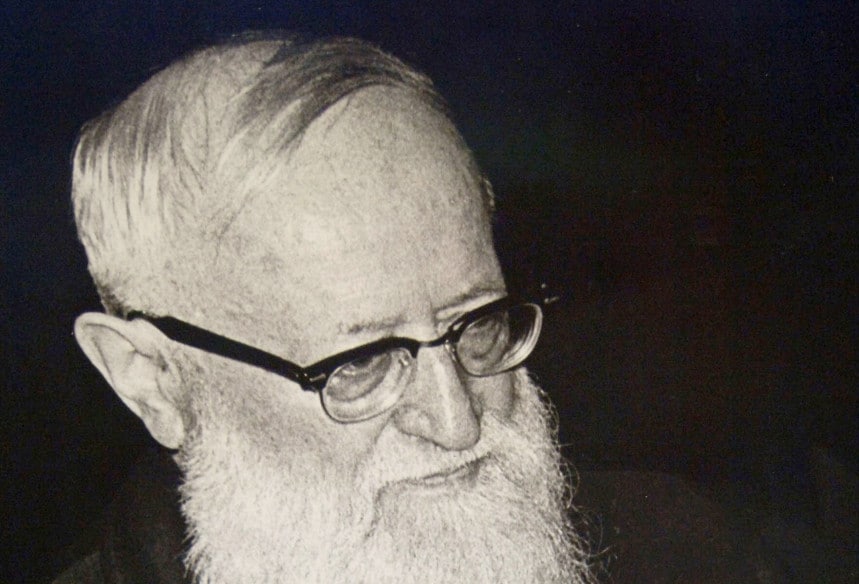
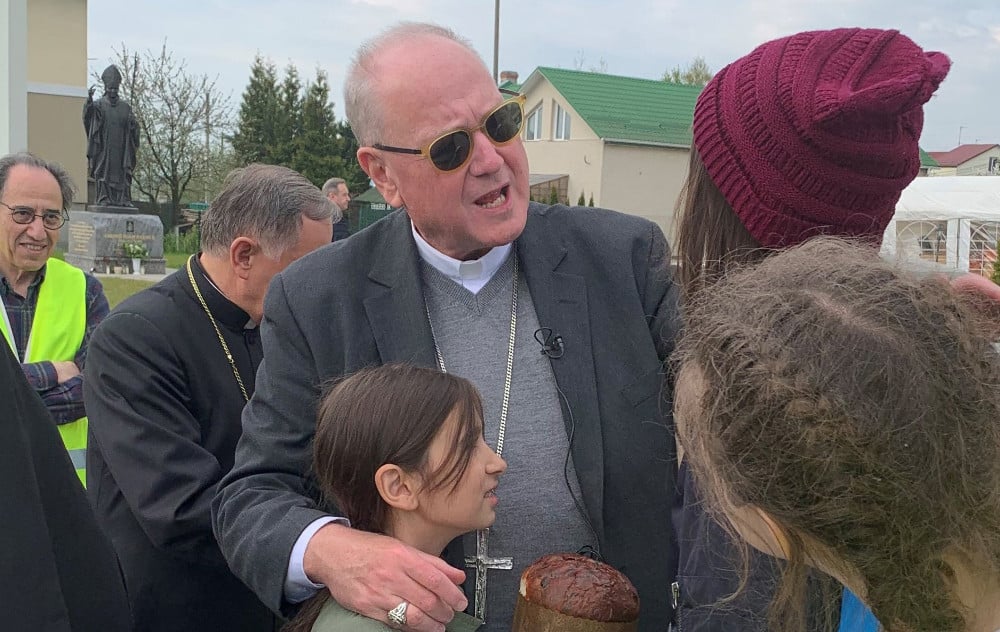
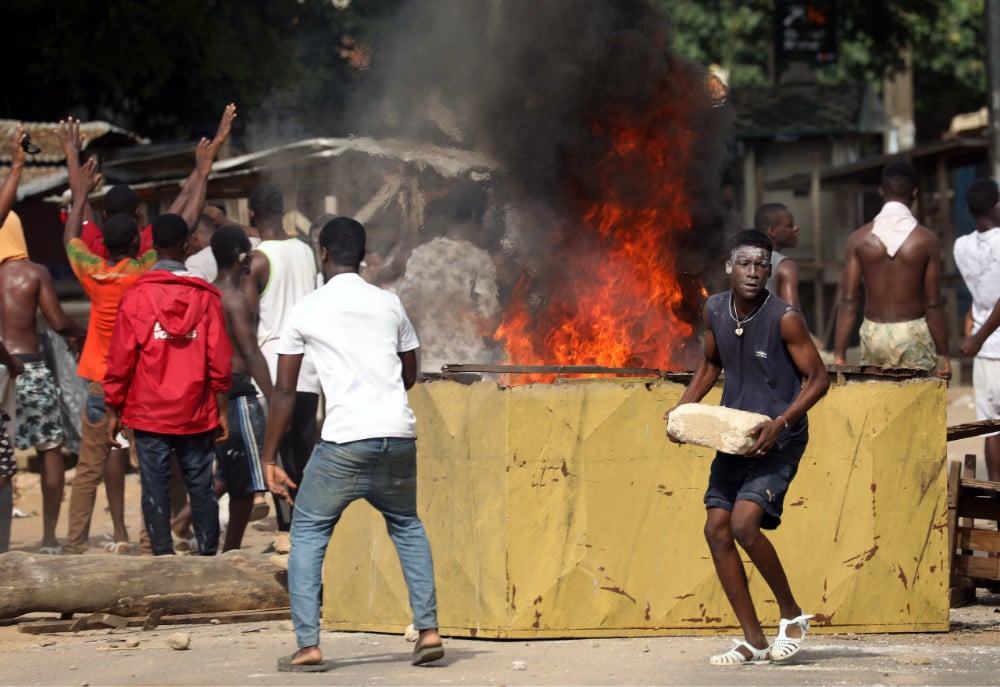
![20220506T1030-AUSTRALIAN-BISHOPS-COSTELLOE-1528816.JPG [Download] [Related Assets] MAY 06, 2022 10:30 ET | 1528816 AUSTRALIAN ARCHBISHOP TIMOTHY COSTELLOE](https://www.oursundayvisitor.com/wp-content/uploads/2022/05/20220506T1030-AUSTRALIAN-BISHOPS-COSTELLOE-152881611.jpg)